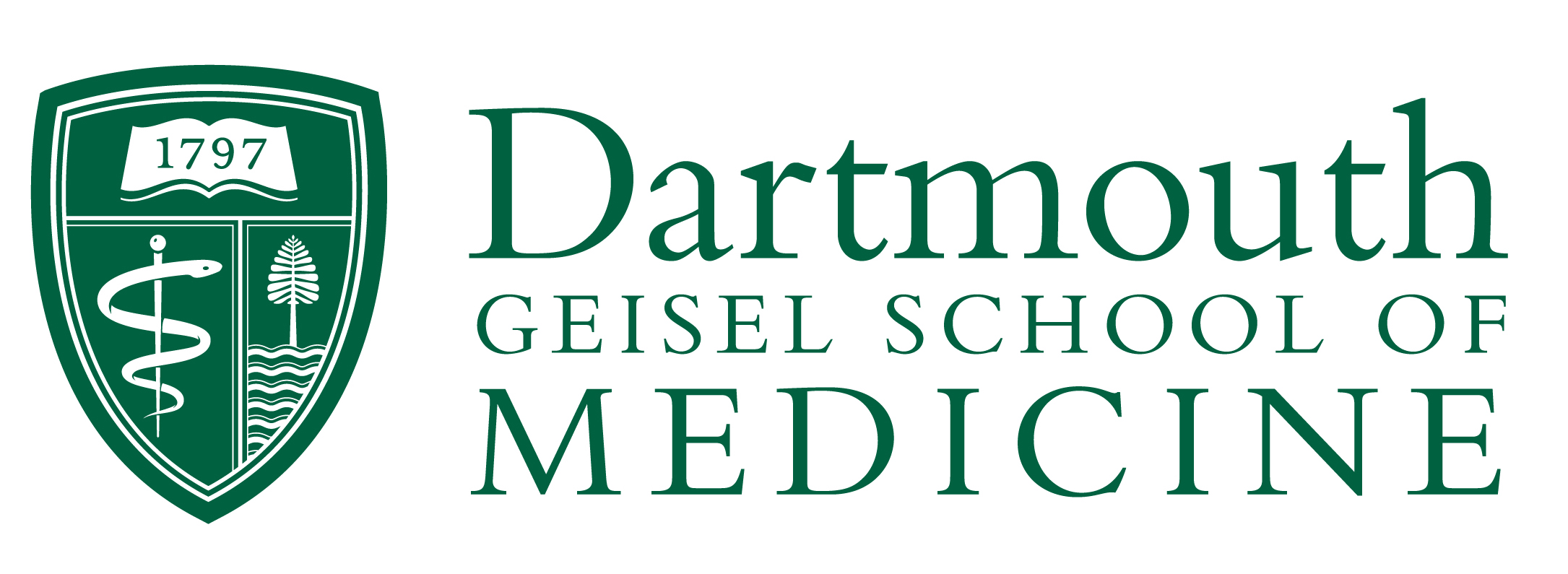By the time Alicia Barber, MPhil, Guarini ’24 was finishing up her undergraduate years at Union College in upstate New York—where she would earn a BS in neuroscience in 2017—she’d already gained a variety of experiences that would help inform her interest in making the brain the focal point of her career.
These had included shadowing a primary care physician, providing care and companionship to hospice patients and children with neurological disorders, studying senescence and aging biology in a research lab at State University of New York (SUNY) Polytechnic Institute, and exploring healthcare systems in the U.S., Canada, England, and the Netherlands as an international healthcare student at Union.
Barber returned to England to attend the University of Cambridge, earning a Master’s in Translational Biomedical Research in 2018. She then worked as a research technician back at SUNY for a year, where she studied RNA complexes, and applied to graduate schools.
While both stints helped her decide on pursuing research rather than clinical medicine—none of her experiences would prove as impactful as a turn of events in her own family.
“Around that time, my grandmother was diagnosed with and began declining from Alzheimer’s disease,” Barber recalls. “It was devastating to watch the matriarch of our family, who was such a strong and determined woman, gradually lose her memories, knowledge, and the essence of who she was. It made me want to learn all I could about the disease and help alleviate the burden it places on so many patients and families.”
While Barber had her choice of several top graduate schools, Dartmouth ended up being the best fit. “I felt a lot of strong connections with faculty,” she says. “They really understood my passions for science and research, what my overarching goals were, and what I was hoping to accomplish.”
Video by Kurt Wehde
As a third-year PhD candidate in the Integrative Neuroscience at Dartmouth graduate program, Barber is conducting thesis work in Arti Gaur’s laboratory focused on developing diagnostic tools and therapeutics for Alzheimer’s disease.
“People may not realize it, but Alzheimer’s disease actually affects women much more than men, and an important risk factor in this is thought to be estrogen loss in women as they age,” explains Barber. She is collaborating with colleagues in Glenn Micalizio’s organic chemistry lab at Dartmouth to see if manipulation of the estrogen-signaling pathway can show a therapeutic benefit in slowing progression of the disease (in an Alzheimer’s mouse model).
“I’m also very interested in studying essential biomarkers that could be used for earlier diagnosis of the disease, and how these markers would differ between men and women—really to emphasize that women have this true healthcare inequity when it comes to Alzheimer’s,” she says.
In addition to her work in the lab, Barber has become a strong advocate for the dementia and Alzheimer’s communities. After a video she took of her grandparents went viral (showing them separated because of the pandemic), Barber got an op-ed published in the New York Daily News. It described how policies in New York have prevented people in nursing homes from being with their loved ones and the impact that has had on their mental health and disease progression.
“I really enjoyed the experience of bringing my ideas and my scientific background together to craft a piece for a more general audience than a typical science paper would reach,” she says. “After that, I began looking for an opportunity to have a more regular platform to publish writing to.”
That’s when she found Being Patient, a website dedicated to providing Alzheimer’s news, advice, stories, and support. Since becoming a contributing writer for Being Patient last February, Barber has published articles on a range of topics—including interviews with early-stage dementia patients and caregivers, summaries of new research and clinical trials, reports on end-of-life care, and the impact of COVID-19. (See a recent sample of her work here).
Since last summer, Barber has served as a student mentor for Polygence—an on-line research academy dedicated to providing opportunities for high school students.
“I’m also passionate about providing positive role models for girls and young women who are interested in pursuing a career in science,” says Barber, who has spoken at a variety of forums on the topic.
When asked about her long-term goals, Barber says, “At this point, I can envision having a dual-armed career, with one side being focused on providing sound scientific communication and mentorship, and the other being how we can apply scientific research and biomarker development to precision medicine applications for Alzheimer’s disease.
“I think that’s really the clinical trajectory of how we’re going to tackle this disease,” she says. “There’s not going to be one drug or treatment for everyone—we’re going to have to find ways to tailor therapies to the specific needs of each individual.”




